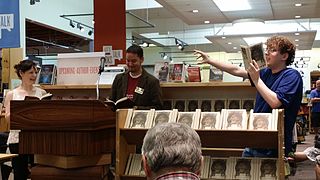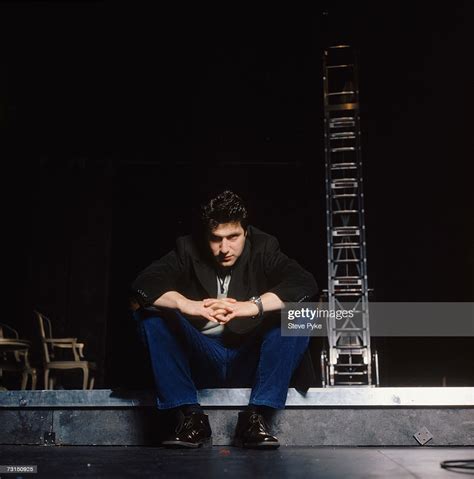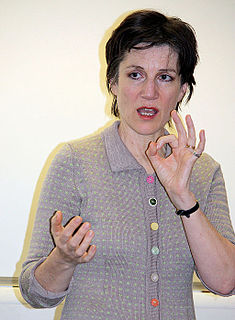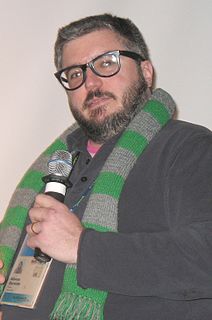A Quote by John Kani
I'd read Shakespeare in school, translated into isiXhosa, and loved the stories, but I hadn't realised before I started reading the English text how powerful the language was - the great surging speeches Othello has.
Related Quotes
Translated literature can be fascinating. There's something so intriguing about reading the text second hand - a piece of prose that has already been through an extra filter, another consciousness, in the guise of the translator. Some of my favorite writers who have written in English were doing so without English being their first language, so there's a sense of distance or of distortion there, too. Conrad. Nabokov. These writers were employing English in interesting ways.
Shakespeare's always been sitting on my back, since I began reading. And, certainly, as a writer, he's who I hear all the time. And he's almost indistinguishable now from the English language. I have no sense of what Shakespeare is like. I have no sense of the personality that is Shakespeare. I think, alone among writers, I don't know who he is.
Teaching literature is teaching how to read. How to notice things in a text that a speed-reading culture is trained to disregard, overcome, edit out, or explain away; how to read what the language is doing, not guess what the author was thinking; how to take evidence from a page, not seek a reality to substitute for it.
In fact, many of the quotes in my books are quotes which were translated from English and that I read already translated into Spanish. I'm not really concerned with what the original version in English was, because the important thing for me is that I received them already translated, and they've influenced my original worldview as translations, not as original quotations.
Great speeches have always had great soundbites. The problem now is that the young technicians who put together speeches are paying attention only to the soundbite, not to the text as a whole, not realizing that all great soundbites happen by accident, which is to say, all great soundbites are yielded up inevitably, as part of the natural expression of the text. They are part of the tapestry, they aren't a little flower somebody sewed on.




































